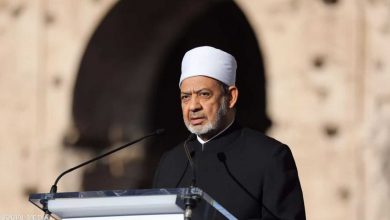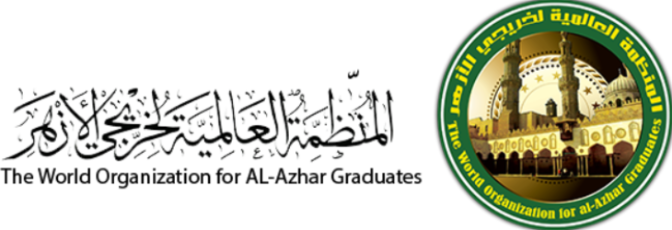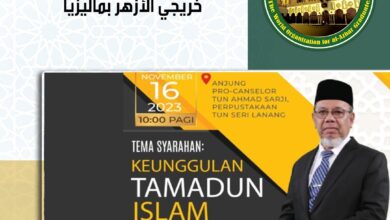
There are considerable statements and recommendations about the call for dialog between civilizations. They asserted the necessity to share interests in saving our contemporary world from the dangers of conflict, tense peace, yesterday’s Cold War, and today’s inflaming wars. Despite all these commendable efforts of sages of the east and west, the road is still bumpy, and more efforts must be made. I reflected on this irrational paradox between reality and hope and methinks the reason might be due to the existence of obstacles in the way of the dialog. Needless to say that engaging in focusing on these obstacles may be most effective and more concise for this long way.
The first thing I want to confirm in this regard is my conviction that the east, as religions and civilizations, has no problem with the west, whether we accept the west with its Christian concept represented by its major religious institutions or as a scientific materialism civilization, based on the history of eastern civilizations and its well-established positions in terms of respecting religion and science regardless of their homeland and whoever the believer or the scientist is.
I don’t think this issue needs proving or reasoning since the civilization of Andalusia in the heart of Europe long ago, al-Azhar’s openness to all, major religious institutions in Europe recently, and the serious responsiveness of these western institutions are the most considerable evidence of the possibility of convergence among the Islamic peoples in the east and Christian secularized societies in the west; this convergence occurred and could happen; not as the poet Kipling said: “East is East, and West is West, and never the twain shall meet”.
In this regard, I remember recent research for some westerns specialized in the issue of Islamic-Christians dialog, in which they recall the history of the Andalusian style with its three cultures: Jewish, Christian, and Islamic cultures, to emulate this model by mapping the path of current dialog and designing a “theoretical and practical framework for the rules and basic objectives of this dialog”, especially after recent western efforts were made and have been responded to by eastern efforts to advance dialog path between Islam and the west, foremost of which are: The decisions of the Second Vatican Council (1962-1965), visits of Pope Paul VI to some Arab countries, particularly Palestine, and the United Nations declaration to adopt the Alliance of civilizations project in 2004 encouraged the holding of global dialog conferences in the east and west. Moreover, the efforts included Pope Francis’s visit to Egypt and his participation in Al-Azhar International Peace Conference, visits exchange between al-Azhar and the Archbishop of Canterbury, the World Council of Churches in Geneva, and the Evangelical Protestant Church in Germany. All those specialists felt how hard the issue of “lost peace” is that severely restricts exerted efforts locally and internationally.





